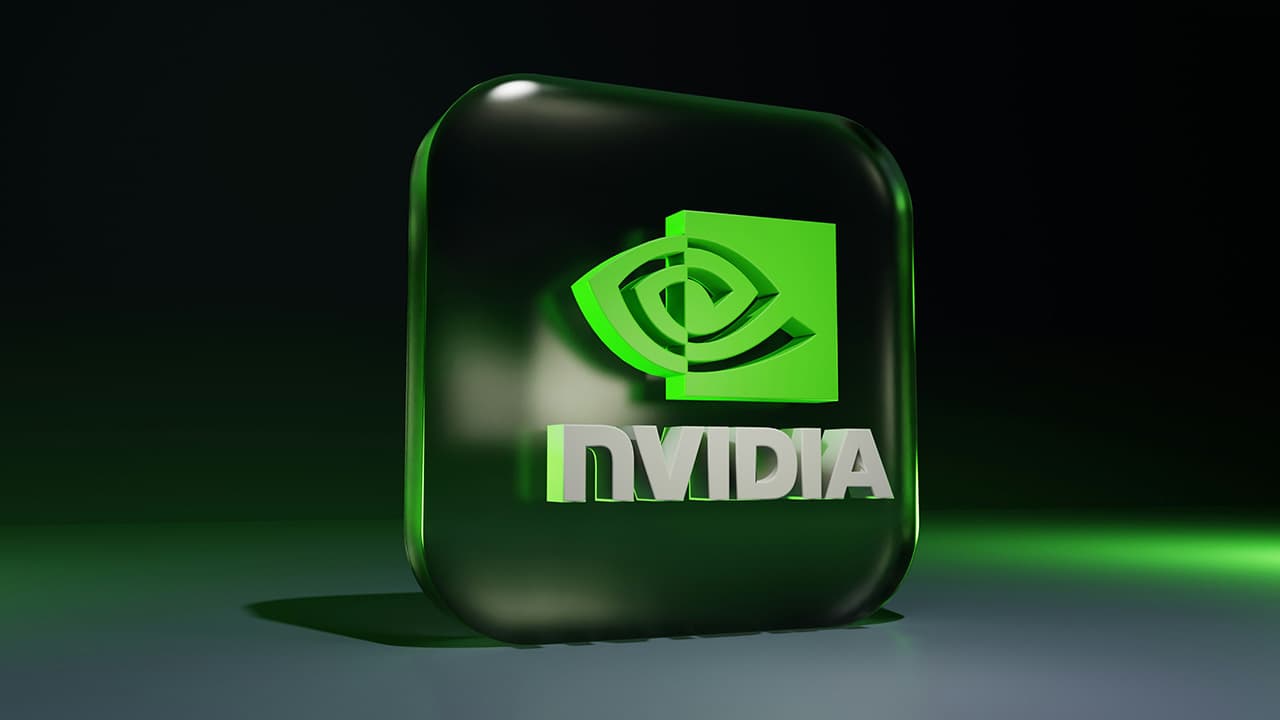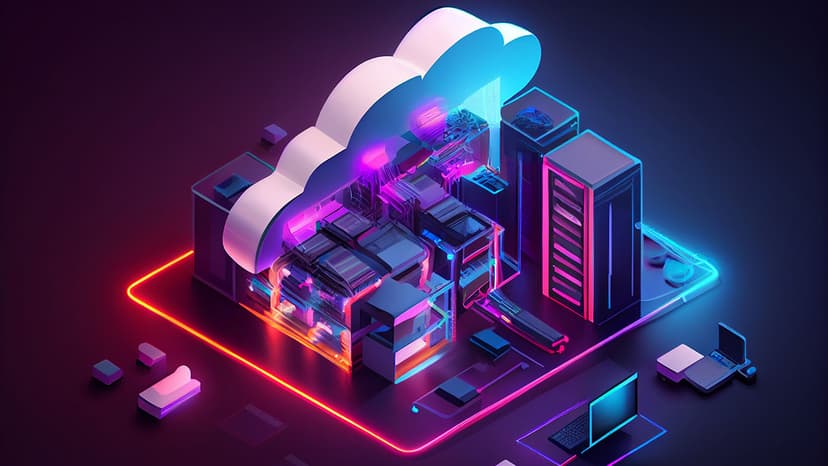What Is NVIDIA's Accelerated Computing?
Accelerated computing enhances the processing speed of computers for complex and data-intensive tasks. Traditional computing relies on central processing units (CPUs), which handle data sequentially, processing one instruction at a time.
In contrast, accelerated computing leverages graphics processing units (GPUs) alongside CPUs to significantly boost processing power. GPUs contain thousands of small, efficient cores capable of performing multiple operations simultaneously. This capability makes them ideal for tasks that can be paralleled, crucial for massive data processing and complex algorithms used in AI and graphical computations.
The Birth of a New Era
What role did NVIDIA play in this transformation? Known primarily for its influence in the gaming sector through powerful graphics cards, NVIDIA recognized the potential of GPUs for broader computational challenges. This vision led to the establishment of GPU-accelerated computing.
Integrating GPU architecture into general computing has enabled substantial performance improvements across various fields, including scientific research, financial modeling, and especially in AI and machine learning. NVIDIA's technology helps neural networks "learn" faster and more efficiently, accelerating the development and deployment of AI models.
The Frameworks and Tools
What frameworks support this technology? NVIDIA has developed a comprehensive ecosystem of software tools, libraries, and frameworks to empower developers and researchers to harness GPU acceleration effectively. CUDA (Compute Unified Device Architecture) is a cornerstone of this ecosystem, allowing programmers to use a C-based language to create software that runs on GPU hardware.
Additional tools such as cuDNN for deep neural networks and TensorRT for high-performance deep learning inference provide robust environments for AI research and development. These tools integrate seamlessly with popular AI frameworks like TensorFlow and PyTorch, simplifying the optimization process for GPU acceleration.
Impact and Applications
What are the implications of this technology? The impact of accelerated computing is significant across multiple sectors. In healthcare, GPU-accelerated computing enables complex molecular simulations to aid in drug discovery. In the automotive industry, this technology is vital for developing autonomous vehicles, processing vast amounts of sensor data in real time.
Climate scientists utilize the extensive parallel computing capabilities of GPUs to run accurate and lengthy simulations that can predict climate trends and extreme weather events. The entertainment industry also benefits from accelerated computing, which enhances rendering of high-resolution, lifelike special effects in movies and video games.
As advancements in the Internet of Things (IoT) and virtual reality continue to evolve, the demand for increased computing power will rise. NVIDIA's ongoing innovations in accelerated computing are crucial for addressing these needs.
Their focus on advancing GPU capabilities extends into areas such as quantum computing simulations and space exploration. NVIDIA's evolution of GPU technology signifies not just faster computational speeds but also a transformation in how future technologies will develop.
(Edited on September 4, 2024)












